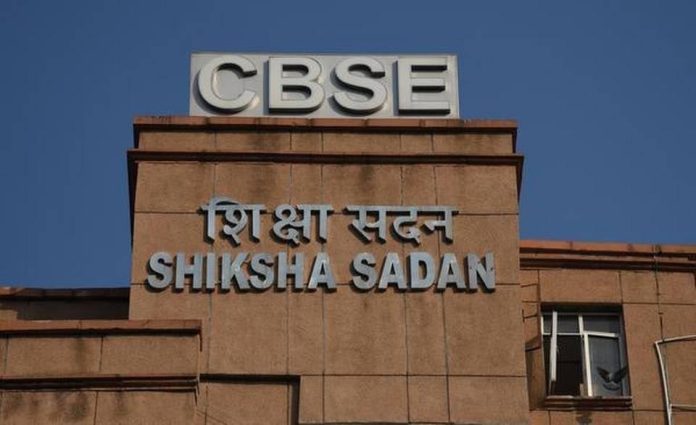NEW DELHI, July 17: The CBSE is in a dilemma over scheduling the two rounds of board examinations as recommended in the new National Curriculum Framework (NCF) – its options being January-February, March-April and June.
Another option the Central Board of Secondary Education (CBSE) is exploring is a semester system involving biannual exams. Currently, the board exams for Classes 10 and 12 are conducted in February-March.
According to officials, consultations are on and no decision has been made yet about when and in which format the plan to conduct board exams twice a year will be implemented.
“The three possible options that have been discussed is conducting the exams in a semester system, with the first board exam in January-February and the second one in March-April or conducting the second set of board exams in June with the supplementary or improvement exams,” an official said.
“The way our academic calendar is designed, plus the schedule of competitive exams and geographical challenges since CBSE schools are spread across the country and even abroad, the semester system seems less feasible,” the official added.
The board has told the Union education ministry that more than 150 steps are required to conduct board exams of Classes 10 and 12 in the current system.
“The process involves a minimum of 310 days, starting from filling of the list of candidates, centre notifications, release of roll numbers, conduct of practicals, theory exams, result declaration, verification and revaluation. At least 55 days are required to conduct the two exams,” the board has informed.
The challenge before the CBSE now is when to replicate the massive exercise for a second round and how.
“Conducting exams before February also has its own challenges because some states have difficult winters. Currently, the schedule of board exams begins around February 15, so dates have to be worked out accordingly to provide a considerable gap,” the official said.
“Another option can be to conduct the second set of exams in June alongside the supplementary or improvement exam. However, none of these options are final. We are still brainstorming and widespread consultations are on. It is possible that more options would emerge during the process,” the official added.
The ministry’s initial plan was to introduce biannual board exams from the 2024-25 academic session. However, it has been pushed back by a year.
Prepared by the Union government-appointed national steering committee, led by former ISRO chairman K Kasturirangan, in line with the National Education Policy (NEP) 2020, the new NCF proposed a semester system for students of Classes 11 and 12.
The framework, which was released by the ministry in August last year, also proposed that students be given the option to write their board exams twice a year.
Union Education Minister Dharmendra Pradhan told PTI in an interview last October that appearing for board exams twice a year won’t be mandatory for students.
“The students will have the option of appearing for the (class 10 and 12 board) exams twice a year just like the engineering entrance exam JEE. They can choose the best score… but it will be completely optional, no compulsion,” he had said then.
However, this is not the first attempt at reforming board exams. The Continuous and Comprehensive Evaluation (CCE) was introduced for Class 10 in 2009 but was revoked in 2017 and the board reverted to the old model of year-end exams.
The board exams for Classes 10 and 12 were also split into two terms during the Covid pandemic as a one-time measure, but the old format of year-end exams resumed this year. (PTI)


